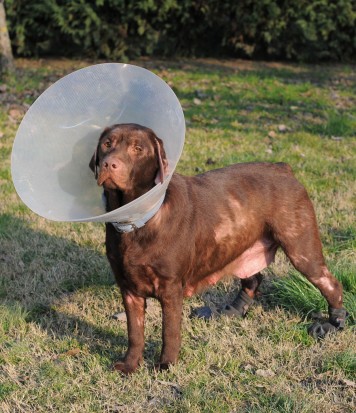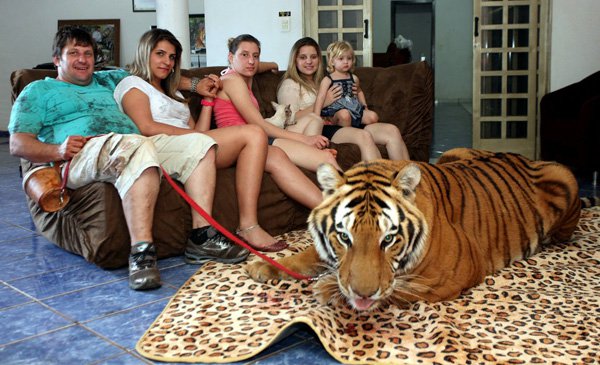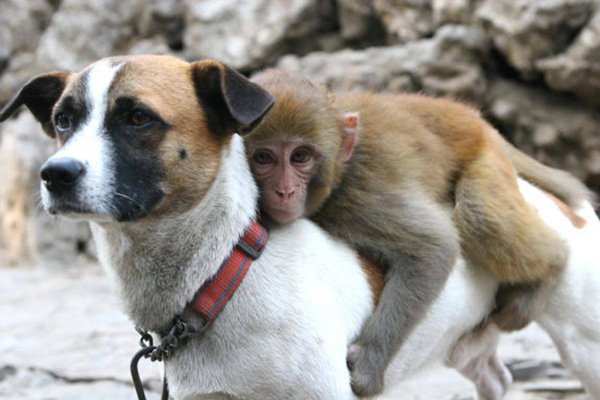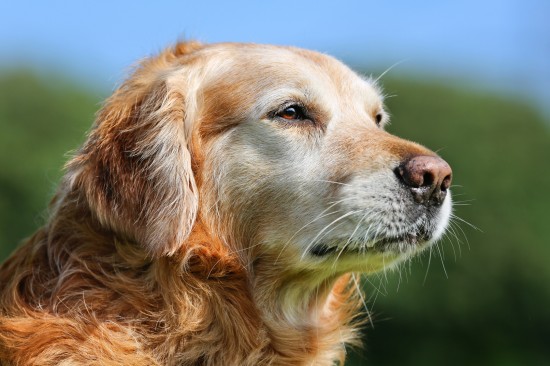
People are naturally excited when they bring home a bouncy young puppy dog for the first time. The have evolved over thousands of years to look cute and to pull on our heartstrings. It's hard not to fall for those big eyes and clumsy seemingly over sized paws that it struggles to control. Puppies are enormous fun and can bring an amazing amount of pleasure to the life of a family, but they are also a huge responsibility. It goes without saying that no one should purchase a puppy without thinking through all the implications for their life and that of a family. One of the first responsibilities placed on a new dog owner is that of puppy training.
So many puppies are bought on a whim. It is a sad fact that many puppies get neglected after the initial excitement has worn off. These dogs then get turned out and often end up in rescue centres. Some have very short lives indeed. This is why it is extremely important that the responsibility of dog ownership is properly considered before buying a baby dog.
A puppy from a reputable breeder should be healthy and all set to begin a training routine. This should begin immediately. It has to be remembered though that a very young dog that has just arrived into your home will be very confused about what is happening to it. It will be away from its mother and its litter brothers and sisters. It will also be looking for signals and guidance as to what it should do next.
It's important to gain your new dog's attention. This is done through simply engaging to it. Talk to it, gesture to it, be expressive and fun. The first and most important task is to teach the animal is to respond to its name. This is done through simple repetition. Keep using the dog's name over and over again. Eventually you will see that the dog chooses to respond to the name of its own volition.
Being consistent is very important at this stage. A dog that gets confused signals will become confused itself and will not know what is required of it. Rewards based training is the most effective. Punishment based programmes are no longer favoured and should be avoided. Nowadays people want their dog to respond to them based on trust and affection, not out of fear.
After the young dog has learnt its name and has started to form a bond with its owner, other tricks and commands can be built into its training regime. Teaching the dog to sit, stay, roll over and maybe even give a celebratory high five is easily possible. Dogs enjoy pleasing you and find tasks mentally stimulating.
That said it's important not to try and do too much too soon. Training sessions should be short and regular. Sessions which are too long could be counter productive as a dog can get frustrated.
Classes are available in most towns and cities that can help an owner with puppy training, ensuring that the dog becomes well adjusted, socialised and a valued part of the family.
 Dermatitis In Dogs
Dermatitis In Dog
Dermatitis In Dogs
Dermatitis In Dog
 Keep your pet animal safely in your absence in pet day care
Keep your pet animal safely in your absence in pet day car
Keep your pet animal safely in your absence in pet day care
Keep your pet animal safely in your absence in pet day car
 The Aidi - A Smart, Courageous Dog Native To Morocco
The Aidi - A Sma
The Aidi - A Smart, Courageous Dog Native To Morocco
The Aidi - A Sma
 When searching for Top Vets in Coquitlam
When searching for Top Vets in Coquitlam
Anima
When searching for Top Vets in Coquitlam
When searching for Top Vets in Coquitlam
Anima
 Do You Know How Long Your Dog Will Live For?
Do You Know How L
Do You Know How Long Your Dog Will Live For?
Do You Know How L
Copyright © 2005-2016 Pet Information All Rights Reserved
Contact us: www162date@outlook.com